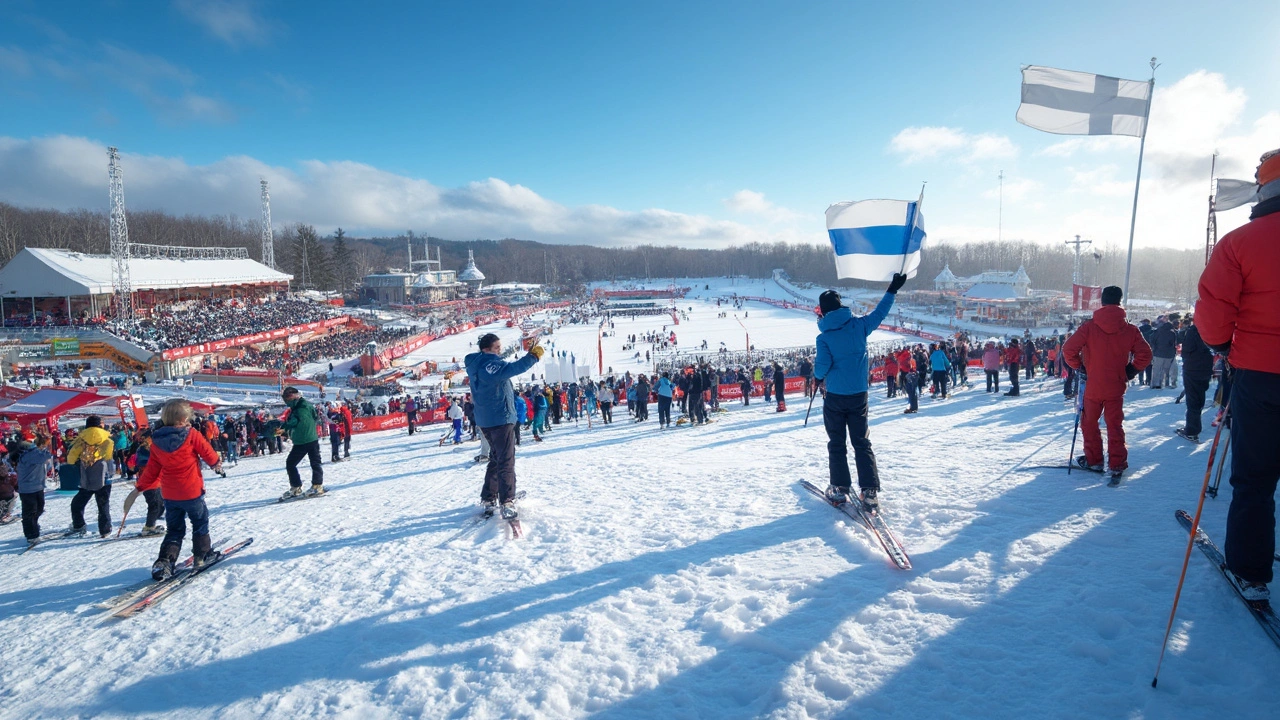Junior Championships: A Practical Guide for Young Athletes
If you’re a teen, a parent, or a coach, the word “junior championships” probably sparks a mix of excitement and nerves. It’s the time when hard‑earned practice meets real competition, and every detail can affect performance. Below you’ll find straight‑to‑the‑point advice on how to get ready, stay safe, and make the most of the experience.
Getting Ready for the Competition
First things first: set clear, realistic goals. Instead of saying “win everything,” break it down – “run a personal best” or “improve technique by 5%.” Small targets keep pressure low and motivation high.
Build a training plan that mirrors the event schedule. If the championship is in two weeks, taper the intensity in the final three days so the body can recover fully. Include a mix of sport‑specific drills, strength work, and low‑impact cardio. Consistency beats occasional overload.Don’t forget the mental side. Simple visualization—seeing yourself execute moves correctly—helps the brain lock in patterns. A quick five‑minute session before bed can boost confidence without taking up precious training time.
Logistics matter too. Pack a bag the night before: competition outfit, proper footwear, water bottle, and any required medical paperwork. Double‑check travel times so you arrive at least 30 minutes early. Rushing creates unnecessary stress.
Staying Safe with Nutrition and Supplements
Fuel is the silent partner in every win. Aim for a balanced plate 2–3 hours before the event: carbs for energy, protein for muscle repair, and a bit of healthy fat. A banana with peanut butter or oatmeal with berries works well and is easy to digest.
During the competition, sip water regularly. Dehydration sneaks up fast, especially in hot venues. If you’re training hard for more than an hour, a sports drink with electrolytes can keep cramps at bay.
Supplements get a lot of buzz, but not all are safe for juniors. Multivitamins can fill small gaps, but anything beyond that—like pre‑workout formulas or high‑dose caffeine—should be avoided unless a doctor says otherwise. Remember, the best “supplement” is a well‑rounded diet.
If a teen is on medication (asthma inhalers, allergy pills, etc.), bring a copy of the prescription and a note from their doctor. This avoids confusion at the checkpoint and ensures they can take their dose on time.
Finally, listen to the body. Soreness is normal, but sharp pain isn’t. Have a basic first‑aid kit handy, and know the nearest medical station. Early treatment prevents a small issue from becoming a big setback.
Junior championships are a milestone, not a make‑or‑break moment. With a solid plan, smart nutrition, and a focus on safety, young athletes can enjoy the competition and learn valuable lessons for the future. Good luck, and remember: preparation is the real secret weapon.
-

2019 Nordic Junior World Ski Championships: Big Firsts, Fast Tracks
Lahti, Finland hosted the 2019 Nordic Junior World Ski Championships, making history with the first women's Nordic combined event and highlighting future stars.